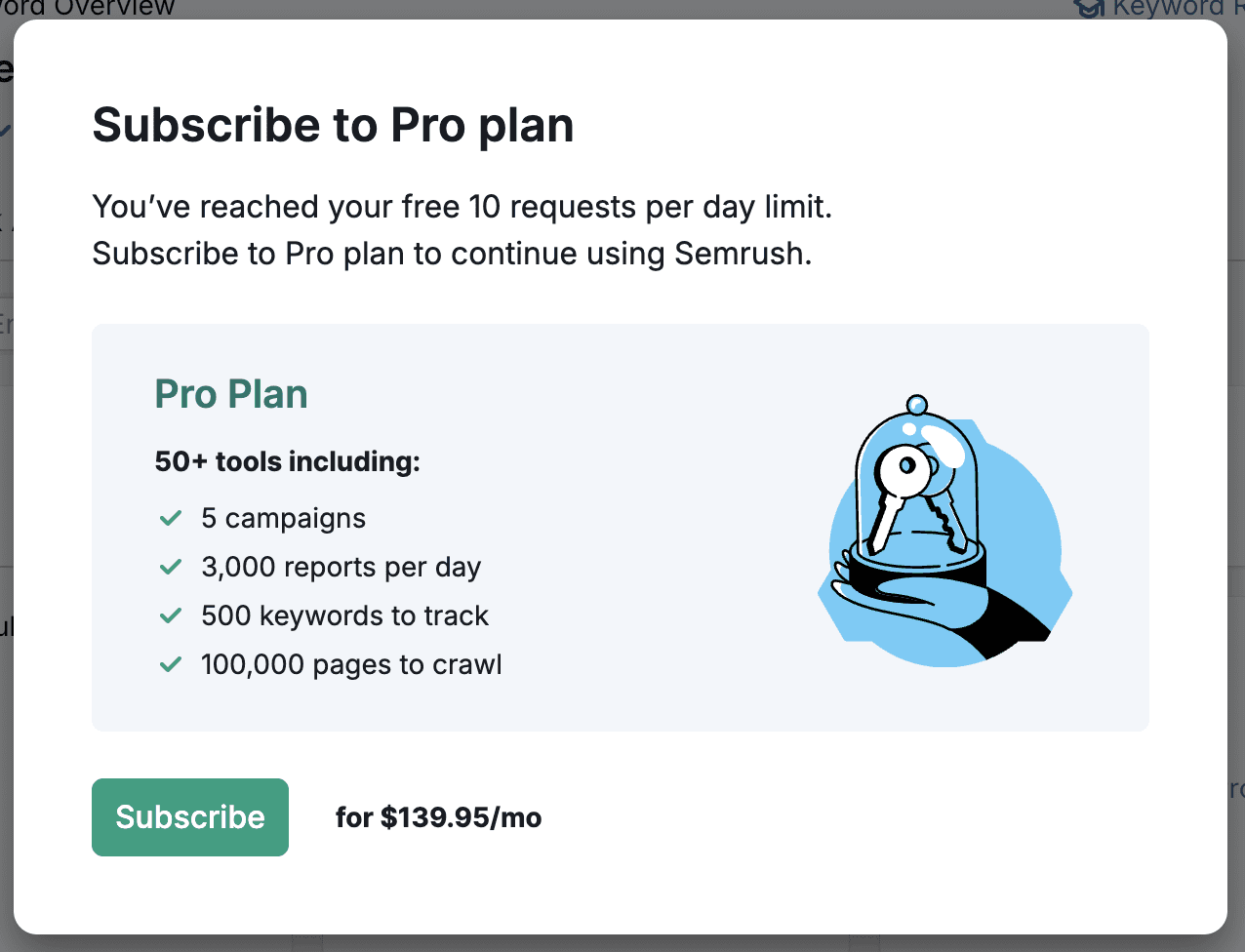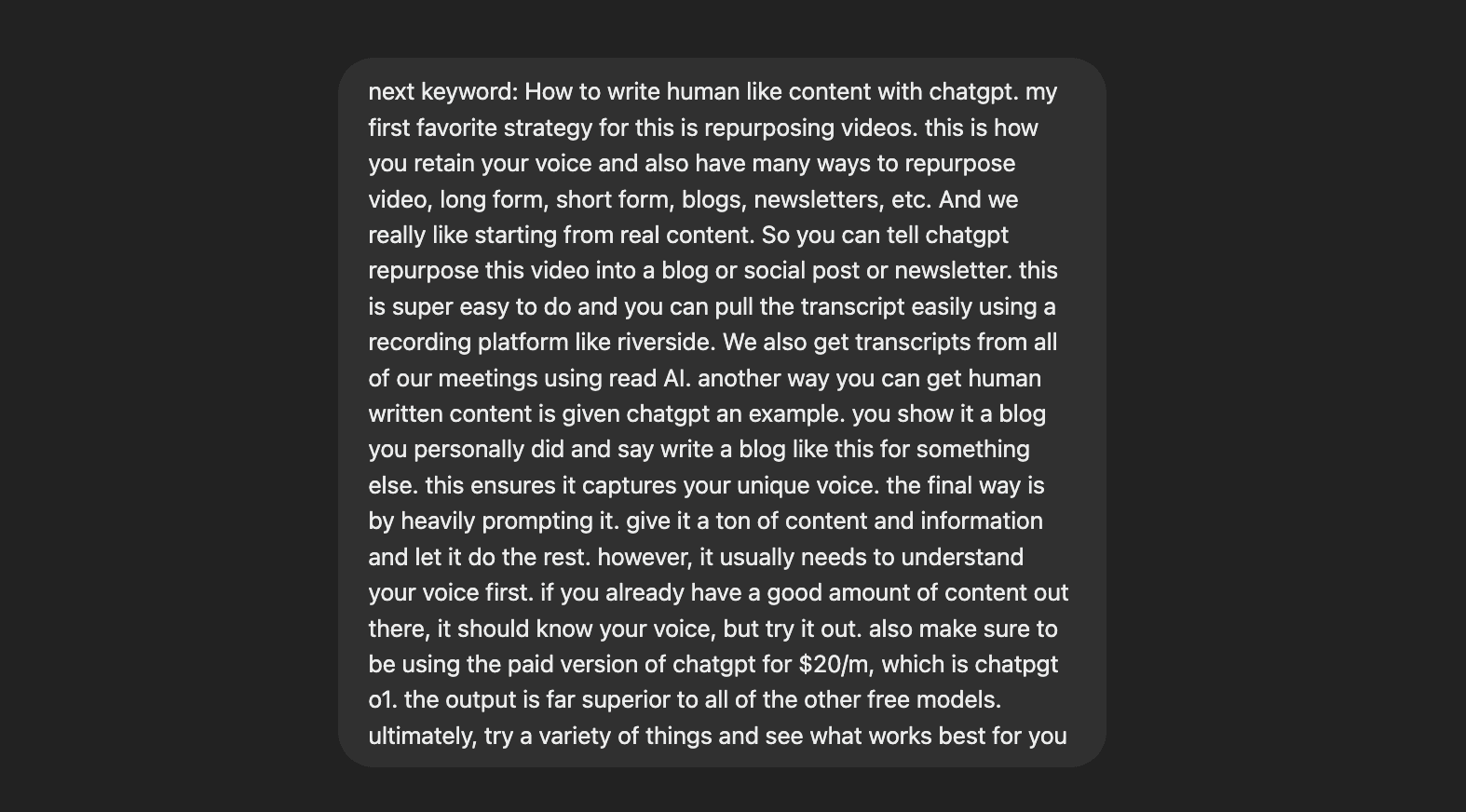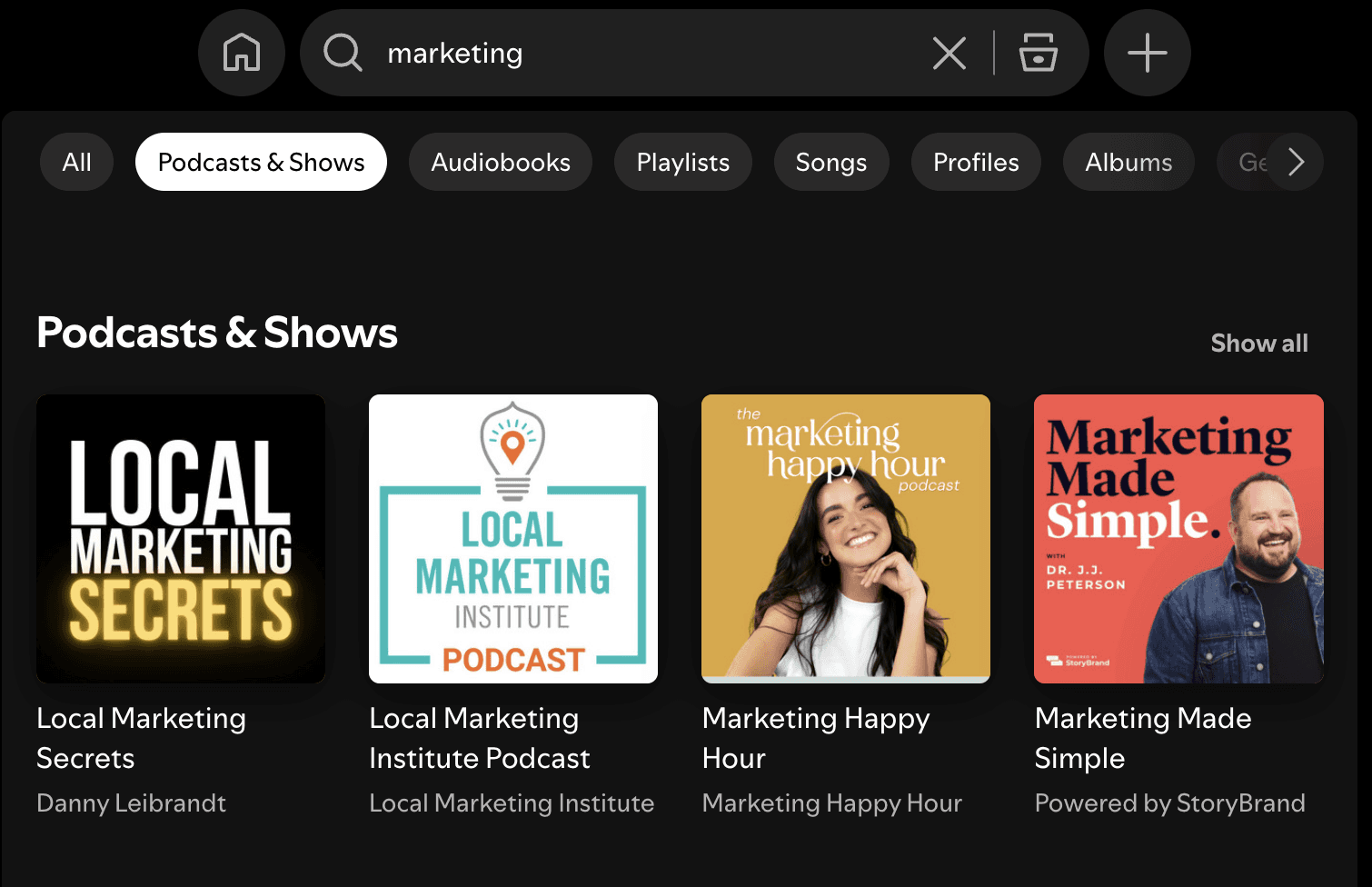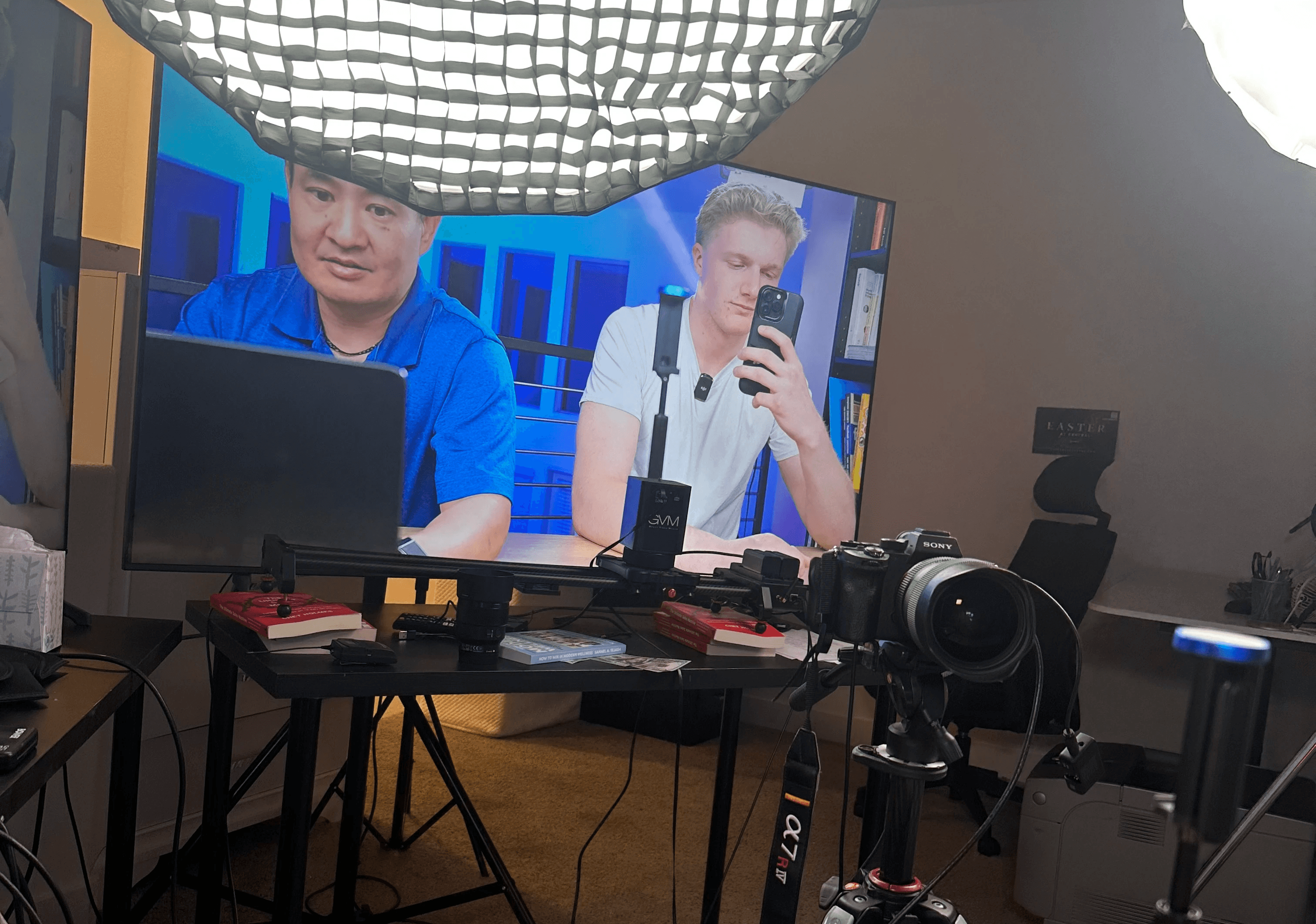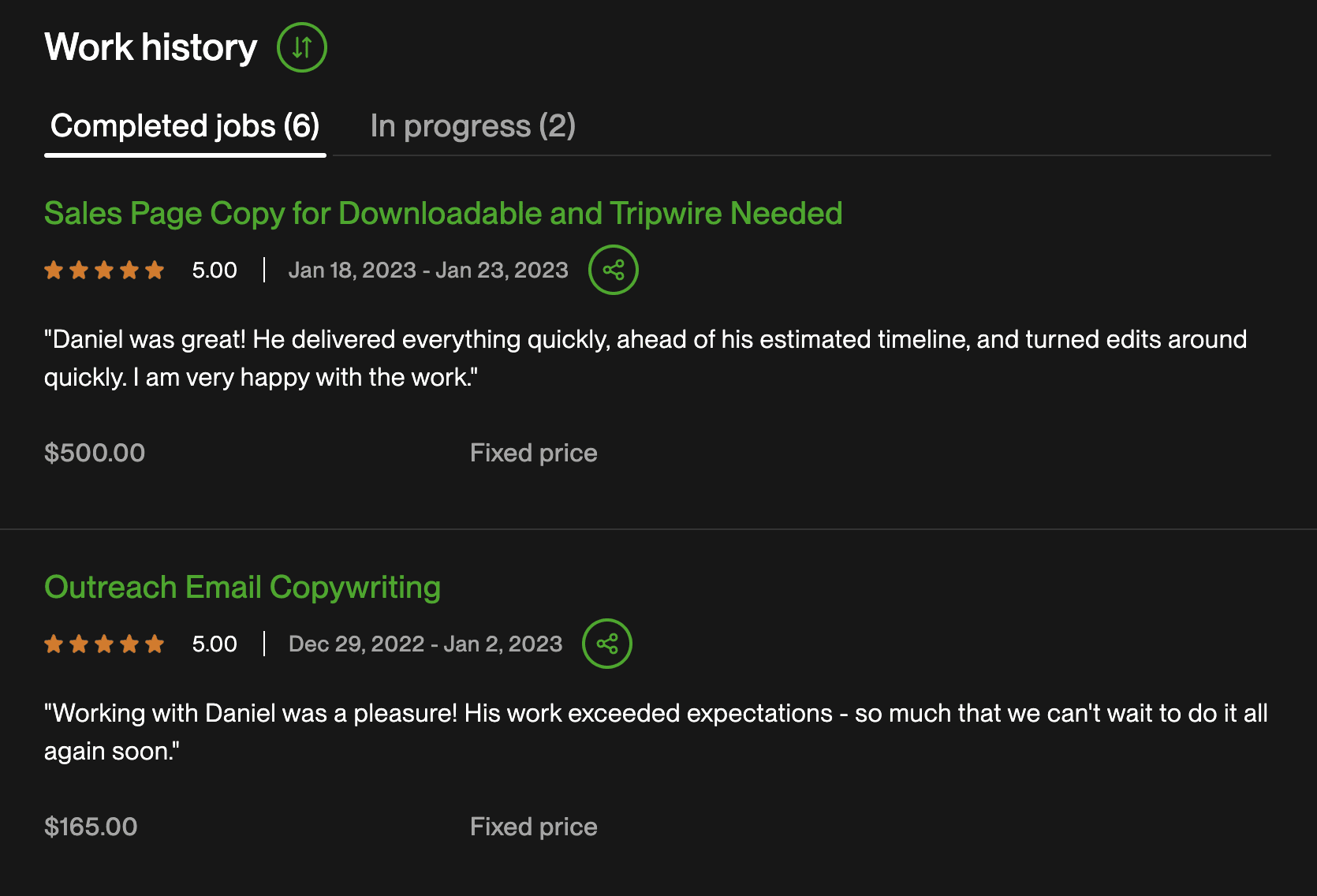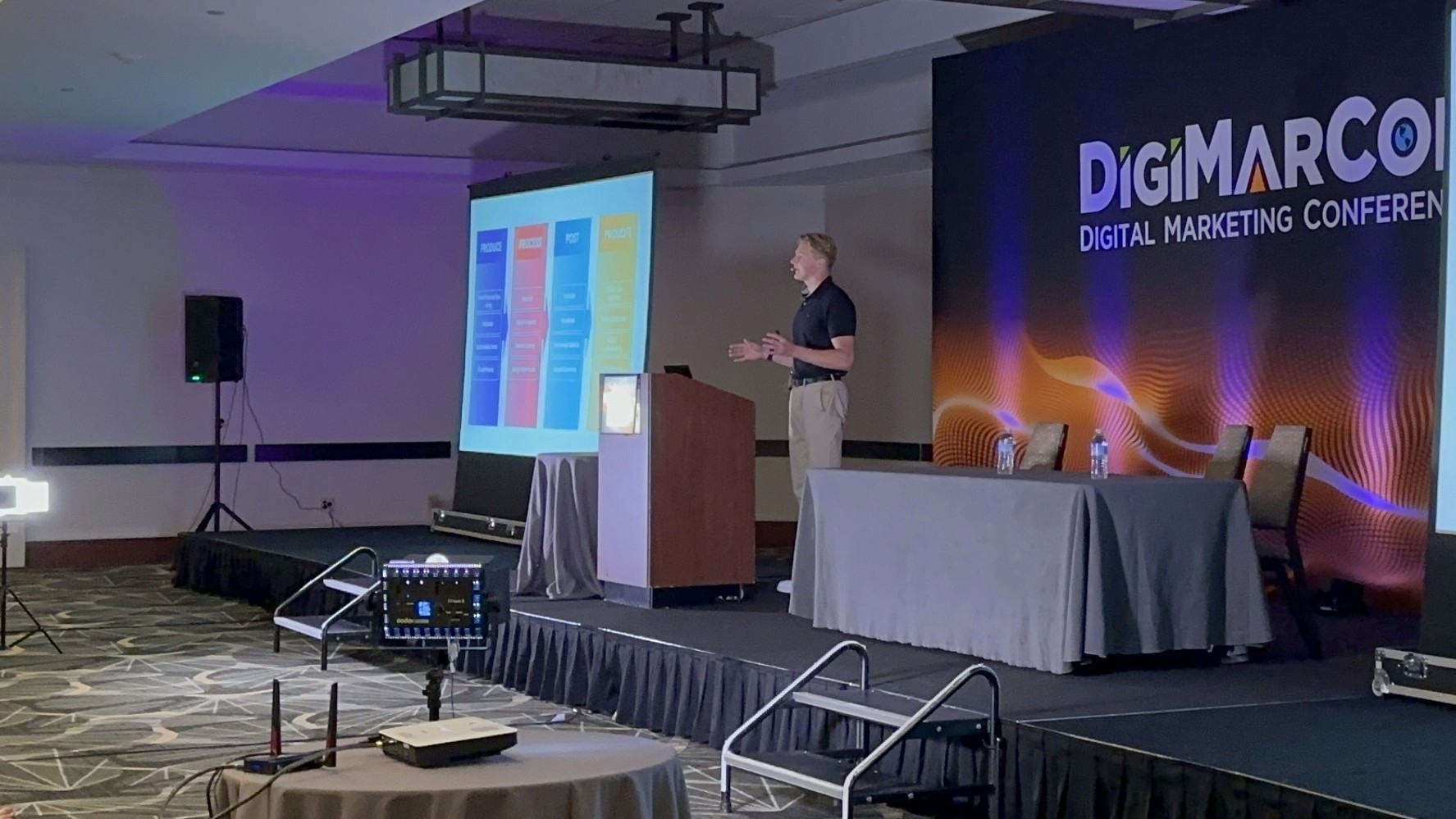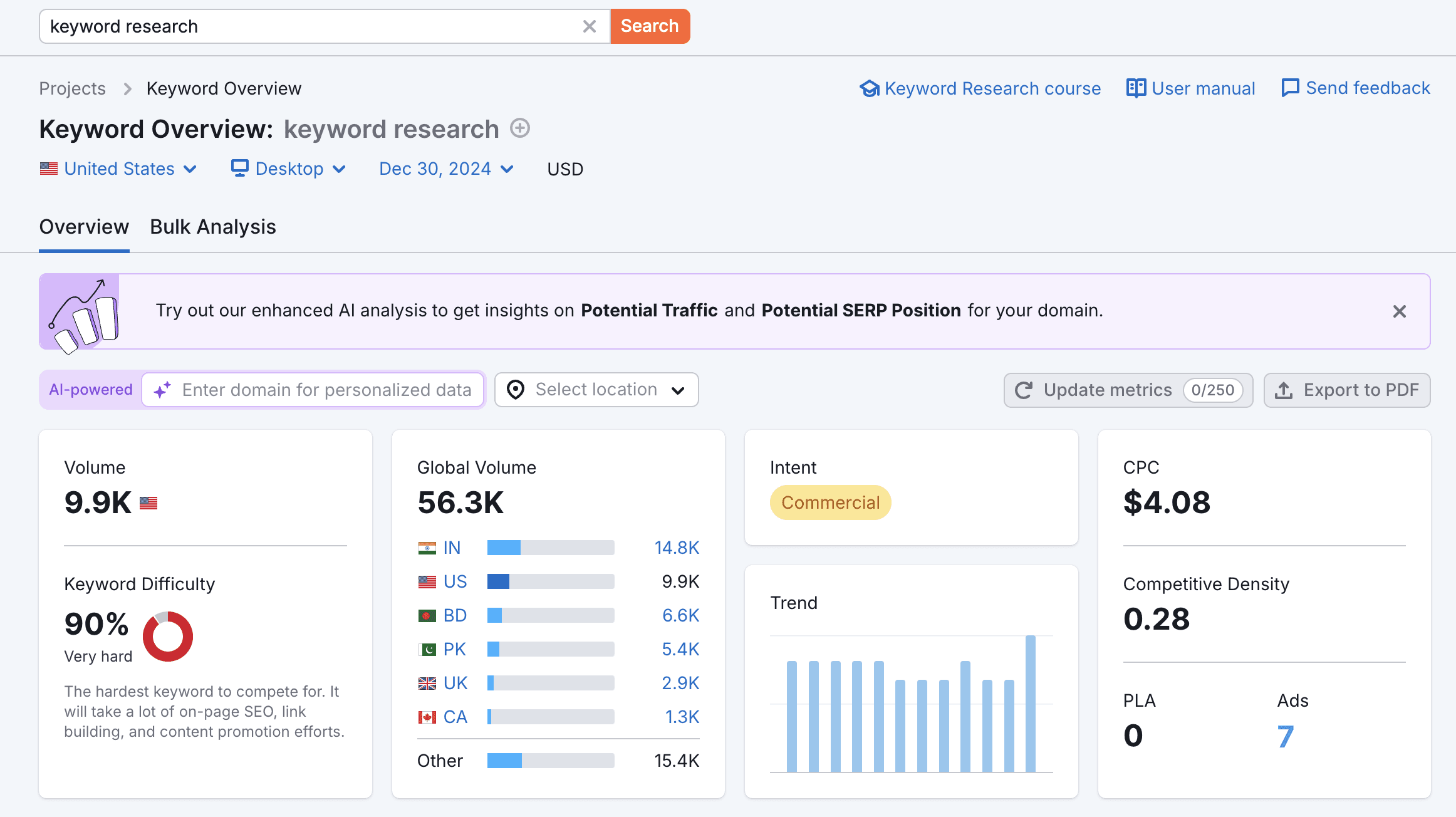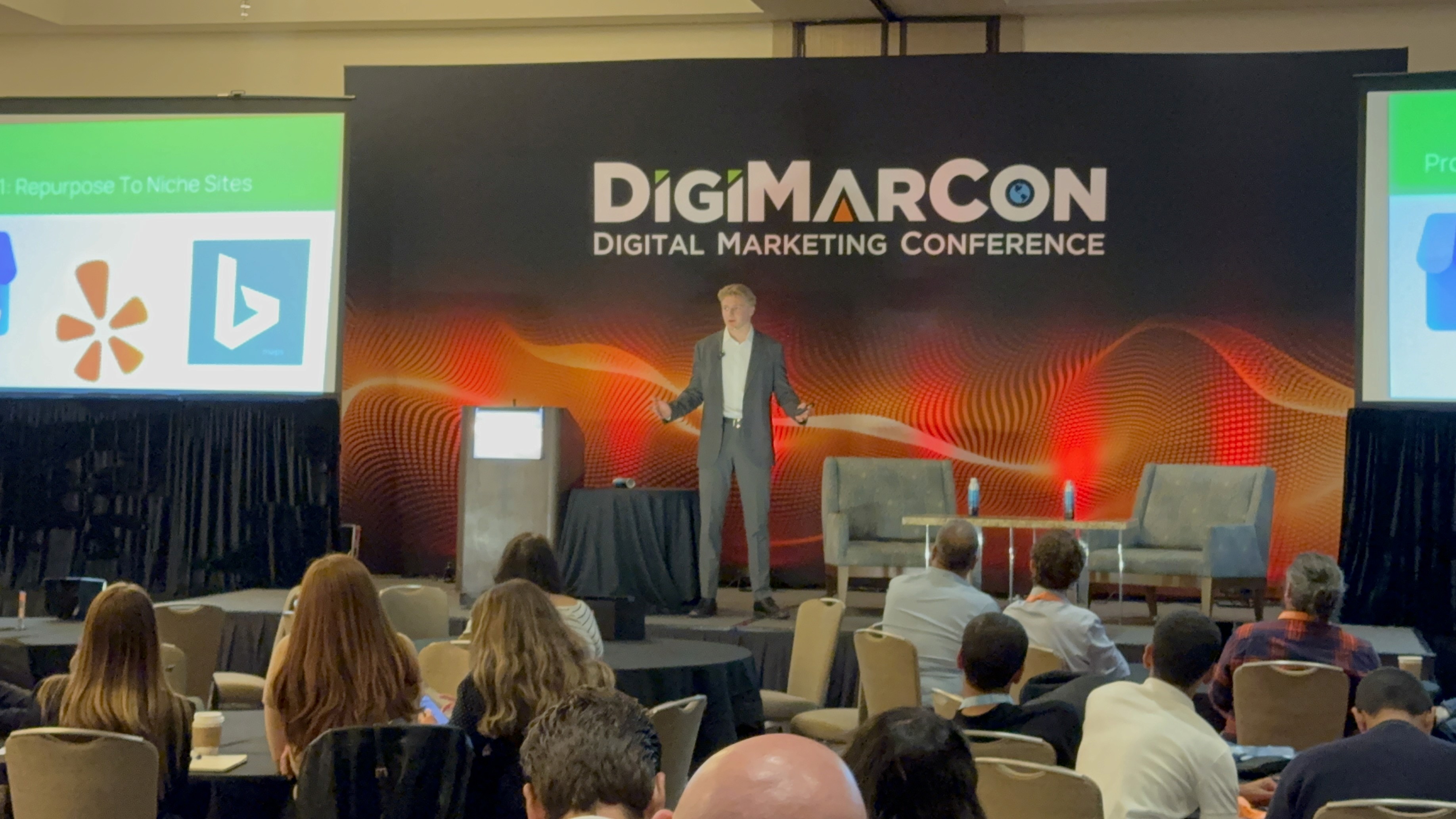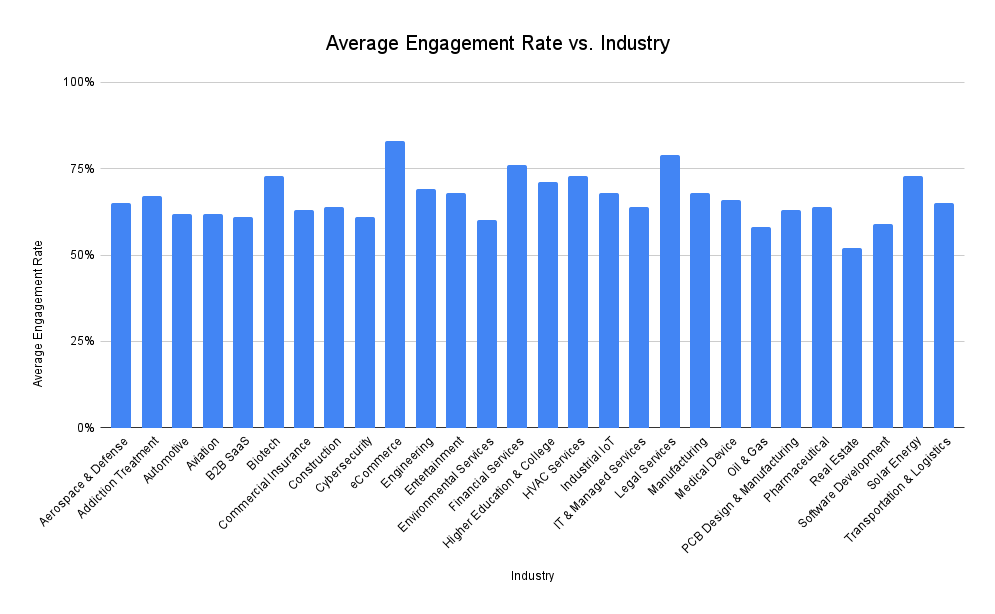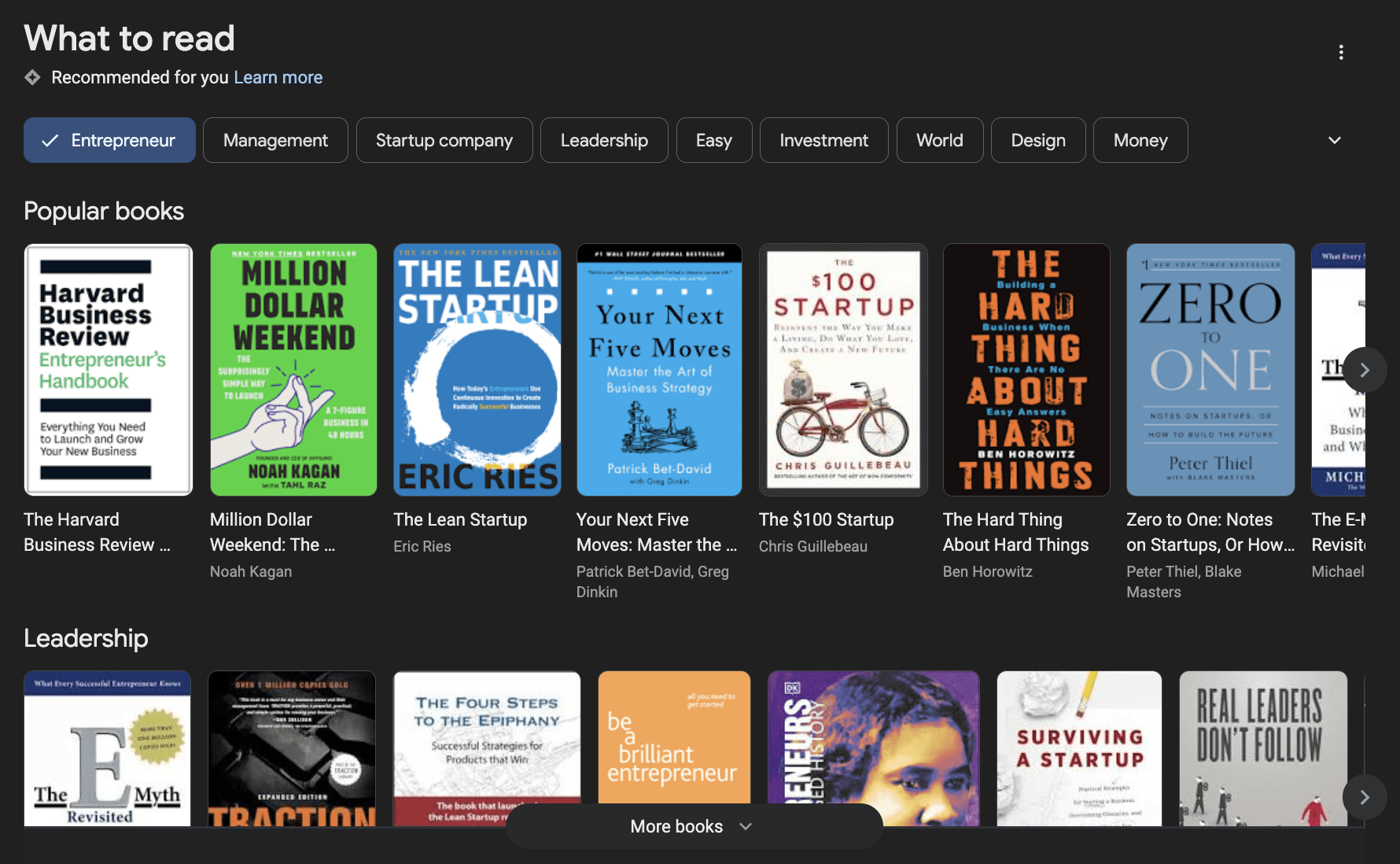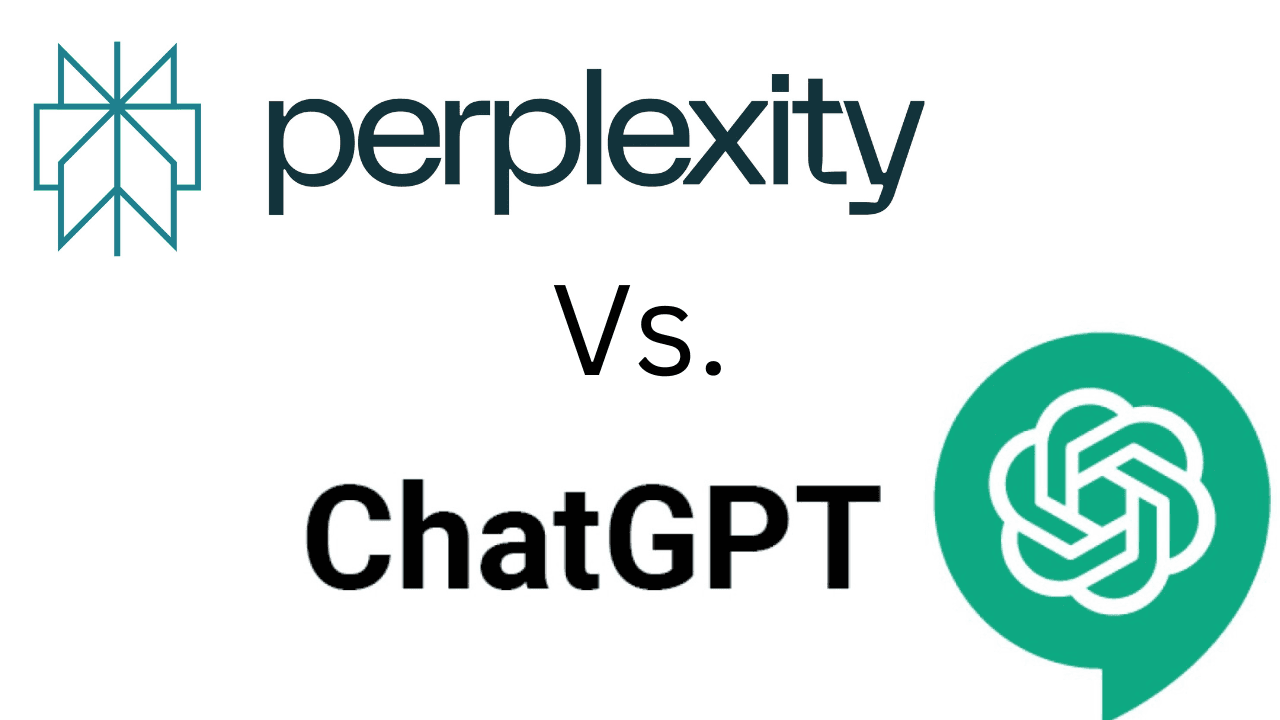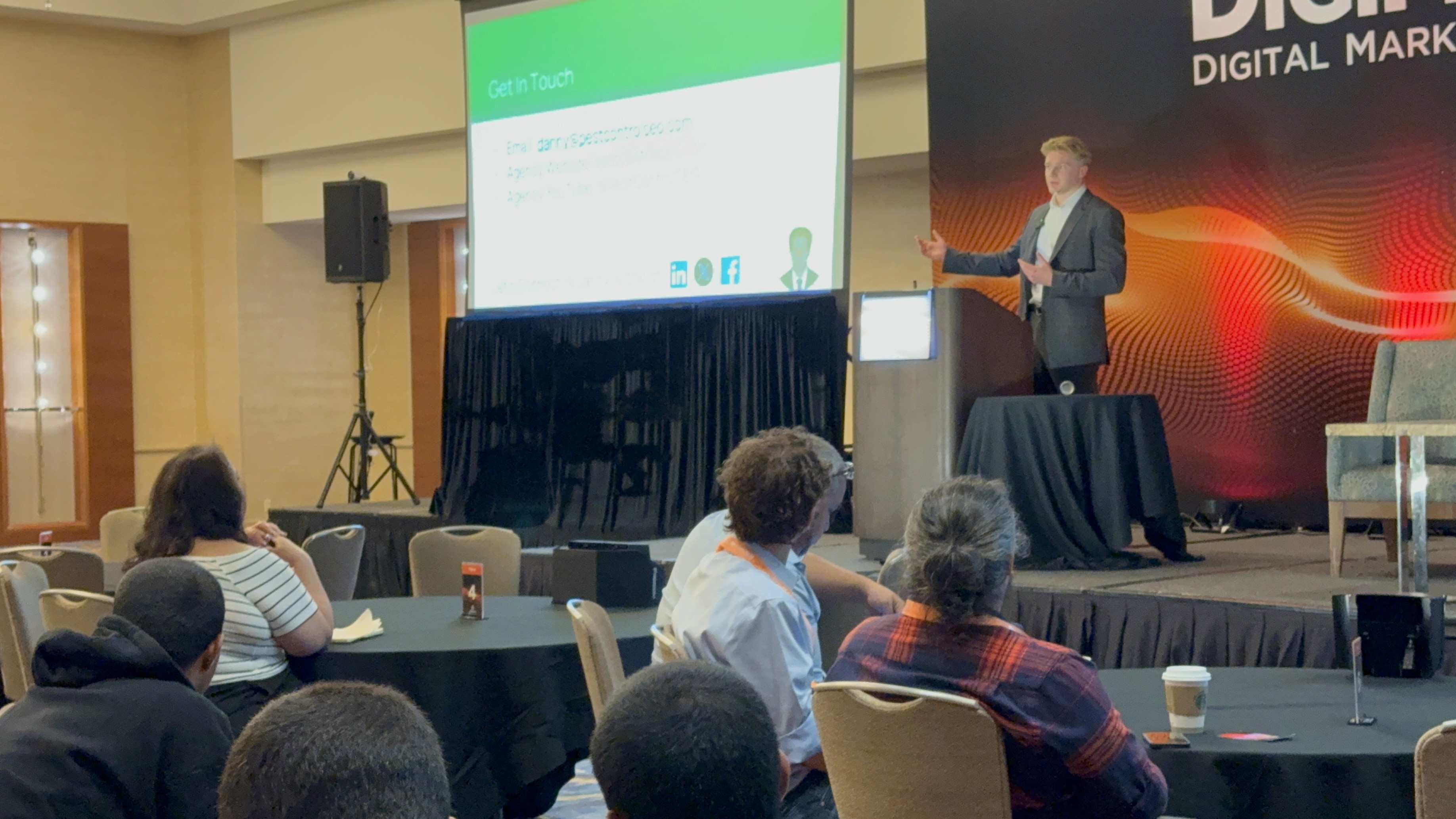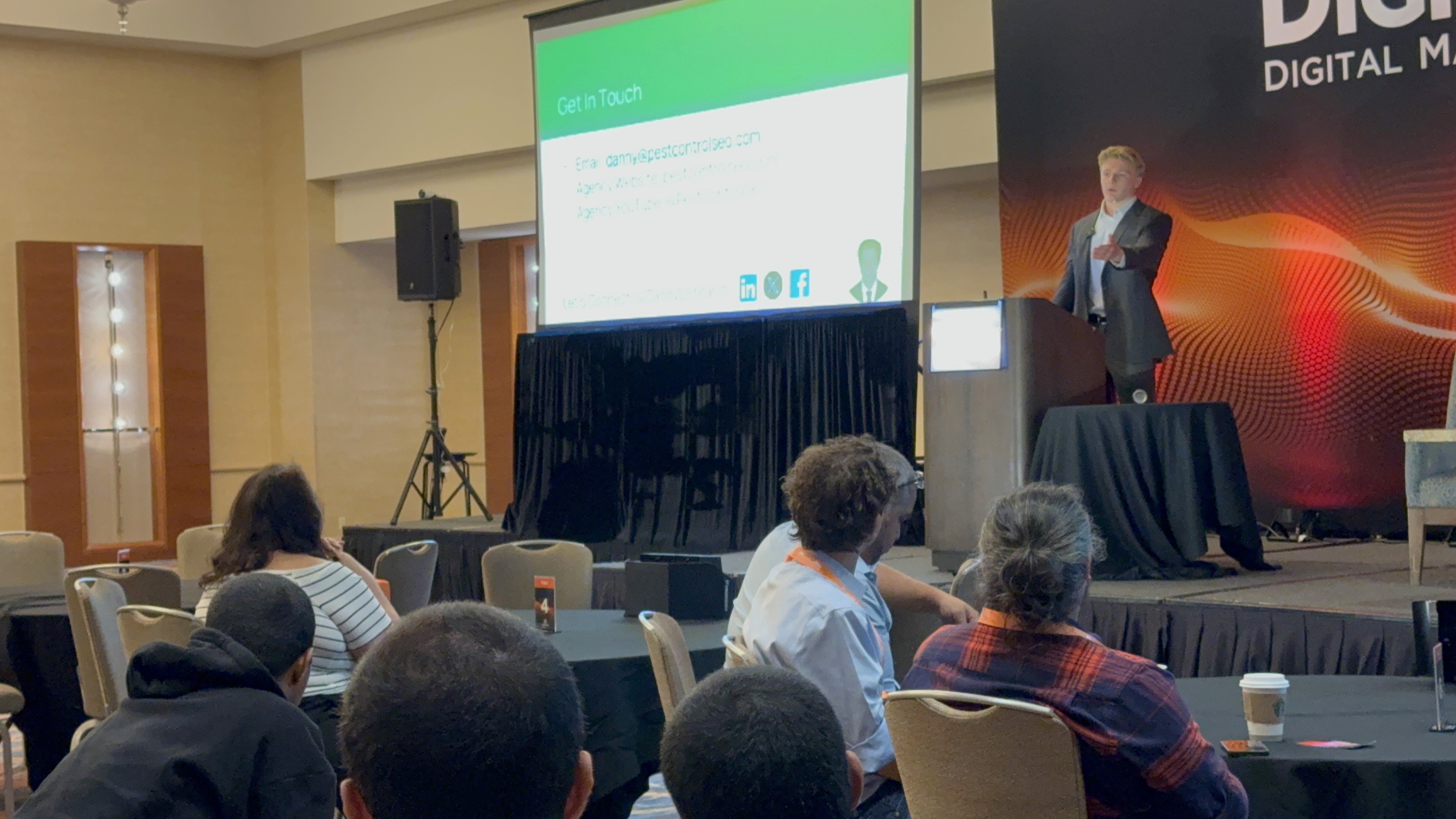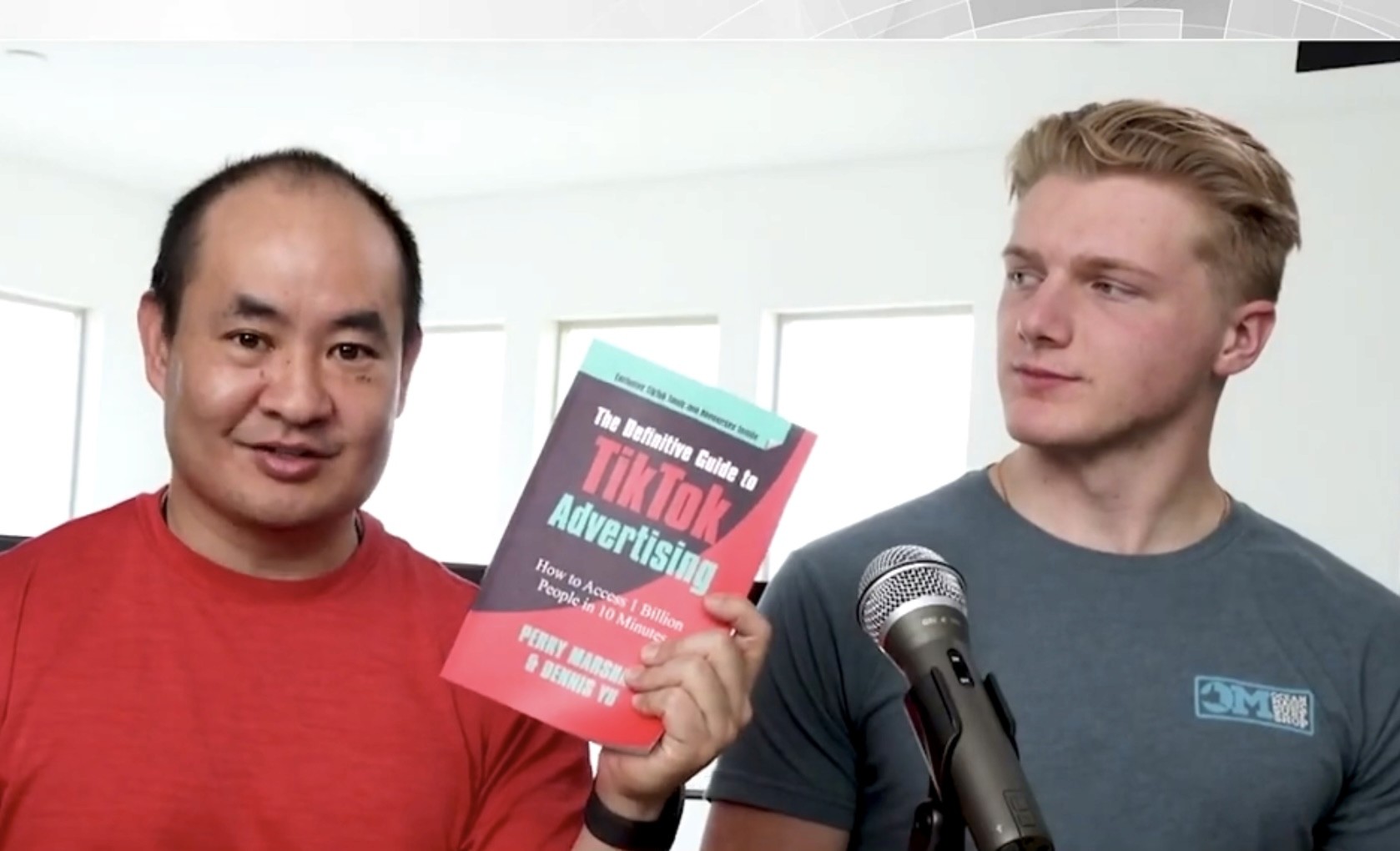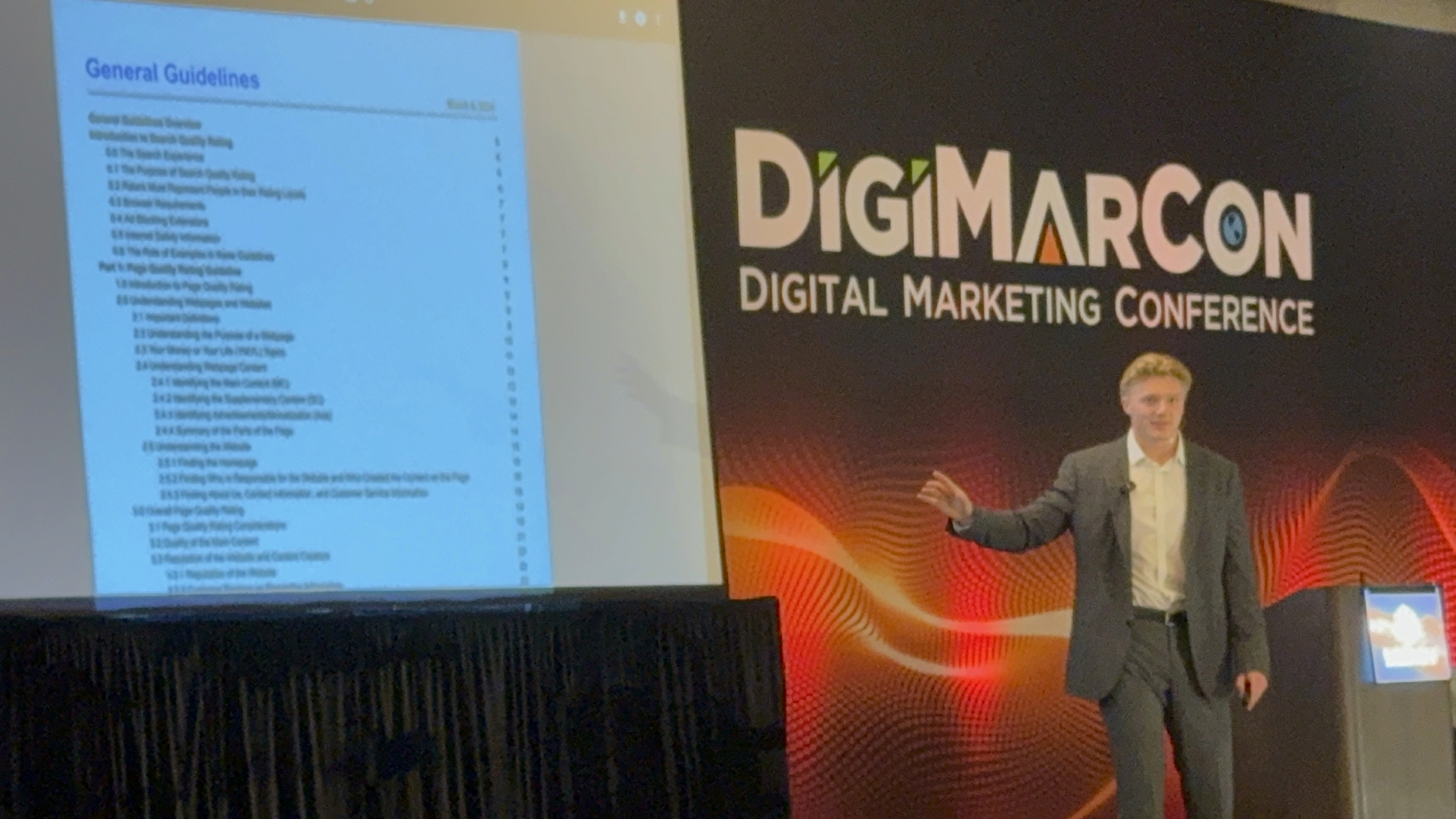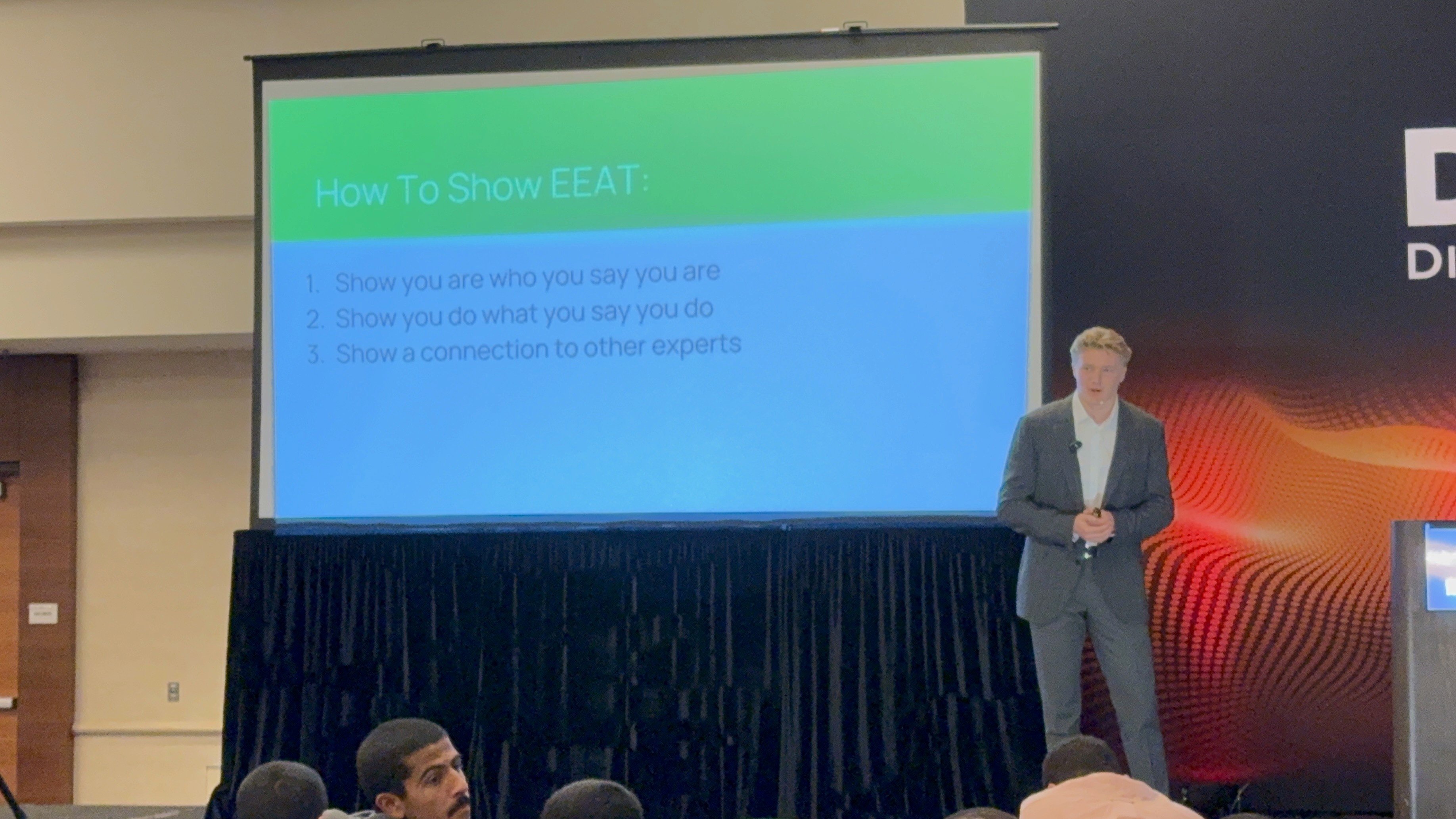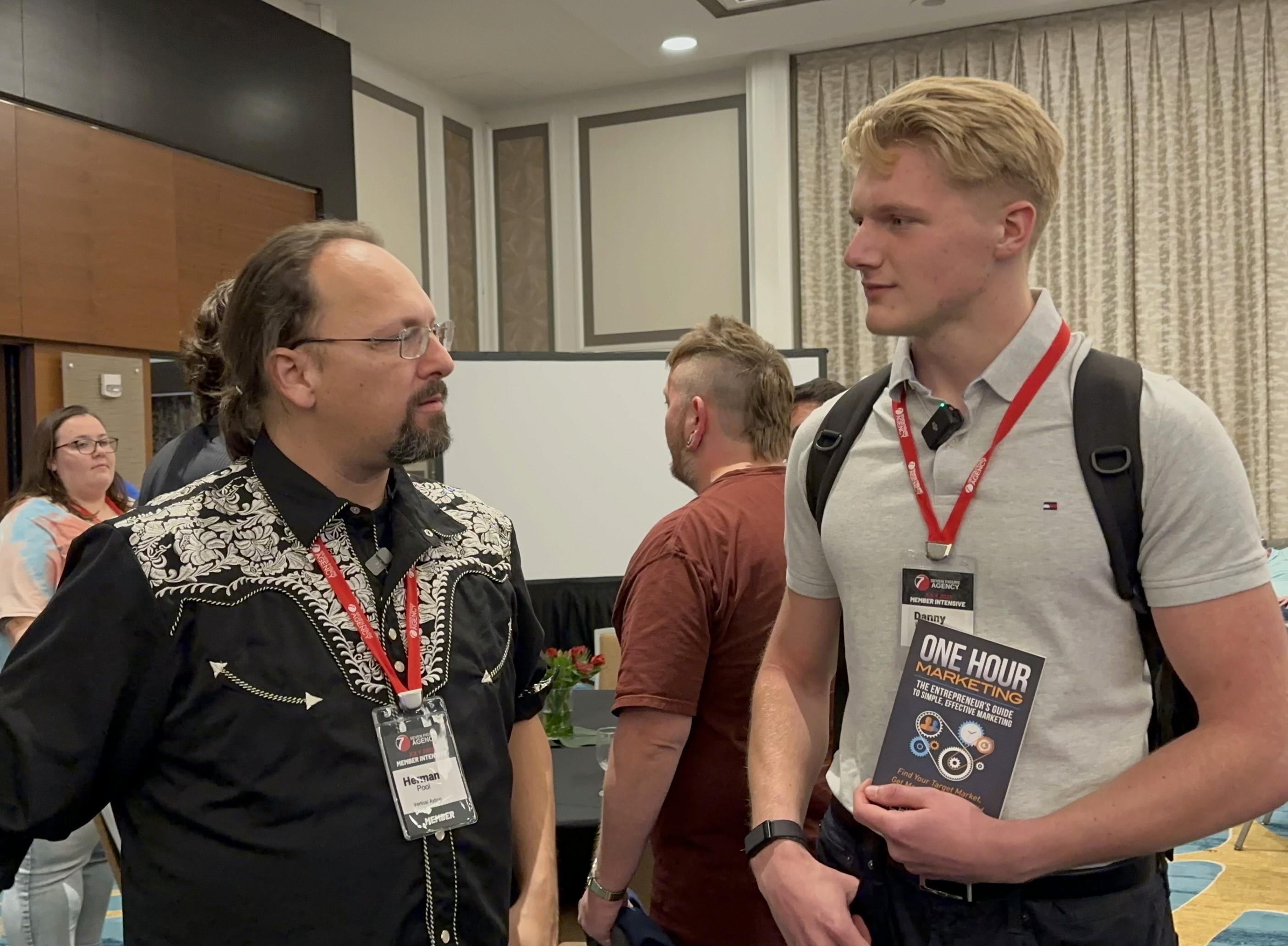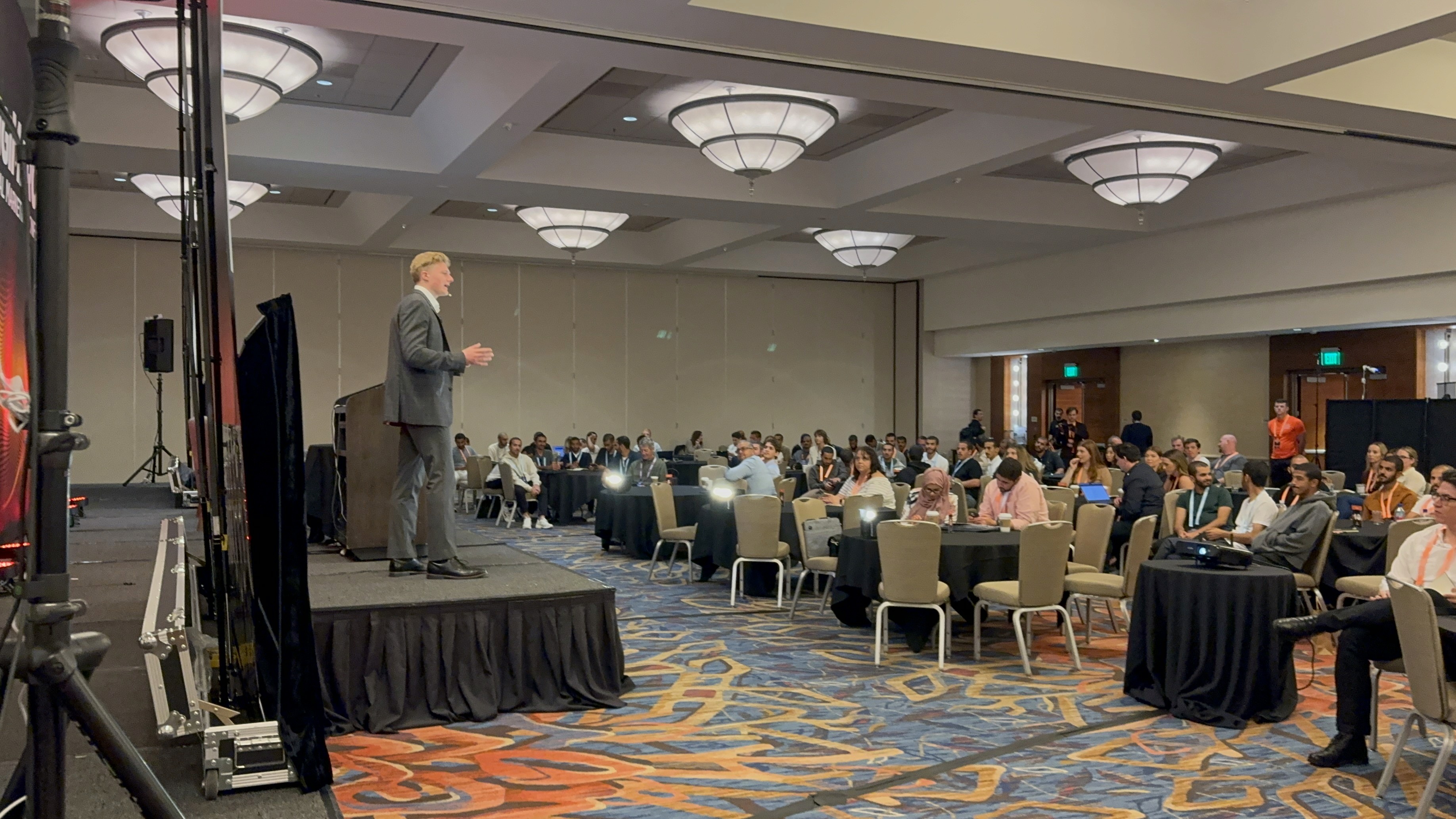Local Marketing Secrets
What it Really Takes to Grow a Pest Control Company: Allan Draper
Oct 7, 2024
Hey there! Danny Leibrandt here, founder of Pest Control SEO, where we help pest control companies grow through effective SEO strategies. I recently had an incredible conversation with Alan Draper—a true force in the pest control space—and I want to share the highlights of that chat with you. From scaling multiple businesses to managing partnerships, Alan’s experience is packed with insights you can apply to your own pest control journey.
/ / / / / / / /
Who Is Allan Draper?
Allan might just be the most authoritative guy in the pest control industry. I’m not exaggerating! He owns 28 different companies, with 12 of them under the Proof Pest Control brand. Those 12 companies include various branches and door-to-door teams that have been operating for over 10 years. On top of that, he founded Lizard SEM, a digital marketing agency dedicated to pest control, and also runs the Bug Bux Podcast and Bug Bux Plus community.
I was blown away by his track record, and after chatting with him, I’m pretty certain you will be too.
Allan’s First Steps into Pest Control
Allan shared something not many people know: his very first pest control venture actually failed. He initially teamed up with his brother, but they didn’t have enough funding, nor did they have the maturity or experience to navigate those early challenges. Eventually, they called it quits on that initial idea.
From there, Alan switched gears and went to law school, later practicing law for a few years before revisiting the pest control industry. In 2014, the Draper brothers launched Proof Pest Control, and that’s when things really started to click. Allan likes to say that most of us don’t plan on entering pest control; we sort of “fall” into it. But once you’re in, there’s huge potential to learn, grow, and build a successful business.
Naming “Proof” Pest Control
Ever hear of a wood-framed sunglasses company called “Proof”? Allan got inspired by their brand name—short, sweet, memorable—and also loved the idea of the word “Proof” carrying weight. People want proof that their pest issues are resolved, right?
Interestingly, the name caused a few mix-ups at times—customers misunderstanding it as “Poof!”—but it was unique enough in the pest control space that it helped them stand out from dozens of similarly named competitors.
The Early (and Tough) Days of Proof
One of the most fascinating parts of Allan’s story was how rapidly they scaled. In Proof’s very first year (which wasn’t even a full 12 months), they racked up $600,000 in revenue—and that was collected revenue, not just contract value. Pretty wild. But Allan was quick to emphasize just how stressful it was. Growth can happen fast, but it involves long days, the occasional nightmare employee, and a million mini-crises that can feel like the end of the world.
He compares it to plugging holes in a boat: fix one leak, then another appears. That’s basically how building a business from scratch works. The more it grows, the more issues you’ll face—but hey, that’s where the magic happens.
Top takeaways from Proof’s early stage:
Door-to-Door Sales: Especially in pest control, door knocking can be a powerful way to scale quickly.
Marketing Experiments: They tried everything from Angie’s List to Google Ads to local listings, figuring out which worked best along the way.
Sacrifice & Stress: Expect crazy hours and uncertainty when launching big. But that’s the trade-off for rapid growth.
Getting Out of the Truck: The Key to Scaling
One of Allan’s biggest pieces of advice for anyone trying to reach the $1M revenue mark is simple: get out of the truck. If you’re the owner, you can’t be the full-time tech. You need room to think strategically, hire people, and plug the holes in your processes.
Allan explained three “stages” an owner goes through while scaling:
Do What You Have to Do: In the beginning, you’re the tech, the HR person, the accountant—everything.
Do What You’re Good At: Over time, hire people to replace you in the roles that don’t fit your strengths. Focus on where you truly excel.
Do What You Want to Do: Eventually, you can step back from day-to-day operations. Whether that’s overseeing finances, building teams, or working on new ventures, you get to choose the role you love.
Diversifying Your Marketing Portfolio
We also talked about marketing channels. Allan underscored that you never want all your eggs in one basket. Sure, you might rely heavily on Google Ads or door-to-door, but consider branching out:
Online Ads (PPC/AdWords): Highly targeted and easily measurable.
Referral Programs: Set up incentives and actively ask customers to spread the word. Word-of-mouth leads close at higher rates and tend to stay longer.
Community Involvement: Sponsor local events, partner with community boards, and position yourself as the go-to local expert.
Acquisitions: Buying small local companies can be a strategic jump-start to growth (though that comes with risks).
The main thing? Keep testing. Fire “bullets” (small-scale tests) before you commit bigger budgets as “cannonballs” (major marketing investments).
Building an Ecosystem of Businesses
Besides Proof, Allan has ventured into all sorts of startups—everything from a credit monitoring company to a patented epoxy product that prevents scorpions from climbing into homes. He’s also owned a few businesses that didn’t succeed. Failure is part of the process, but each attempt teaches valuable lessons.
Still, he’s quick to point out that it’s not about starting a ton of companies for the sake of it; it’s about having a vision and surrounding yourself with the right people who can bring that vision to life. Which leads us to one of the biggest themes in our talk…
The Power of Partnerships and Hiring A-Players
Allan can’t stress enough the value of having partners or employees who are better at certain things than you are. Put ego aside. You might be the visionary, but you need skilled operators, financial wizards, marketing experts—people whose strengths complement your own.
Key hiring tips:
Look for Alignment: Make sure candidates have goals that align with your company’s mission.
Give Before You Take: If you want loyalty, show loyalty first.
Slow to Hire, Quick to Fire: Great teams are built by taking your time to find the right fit—and quickly parting ways when it’s not.
The Value of the Pest Control Community
Allan and I both agree that the pest control world is an incredibly tight-knit community. You’ll often find that even competitors are willing to lend a hand. That’s why groups like Bug Bux (Allan’s Facebook community) and various industry associations can be game-changers. Sharing knowledge openly isn’t a “zero-sum game.” When one pest control company improves, the industry as a whole levels up.
Biggest Lesson Learned: Risk vs. Regret
One of my favorite moments in our conversation was when Alan dropped this gem:
“Risk is a lot less scary than regret.”
He believes, and I fully agree, that doing nothing is often more dangerous than taking a leap. Once you get an idea—like starting a company, expanding your service, or crossing the street to play catch with your kids—you can’t go back to neutral. You’ll either pursue it or you’ll pass on it and carry that missed opportunity with you. The best move is usually to take the risk if it aligns with your goals.
Final Thoughts
Chatting with Allan Draper was an absolute blast. I learned a ton about rapid scaling, strategic hiring, and the mindset shifts every pest control entrepreneur needs to succeed. If you’re aiming for that next level—whether it’s your first $1M in revenue or a plan to franchise nationwide—Allan’s journey shows that it’s totally possible. Just remember:
Be humble enough to learn from others.
Hire people who outshine you in specific roles.
Diversify your marketing efforts.
Value your community; it’s one of your greatest resources.
And never forget: risk usually beats regret every time.
P.S. Check out the full episode here:
Latest
More Blogs By Danny Leibrandt
Get the latest insights on business, digital marketing, and entrepreneurship from Danny Leibrandt.

























